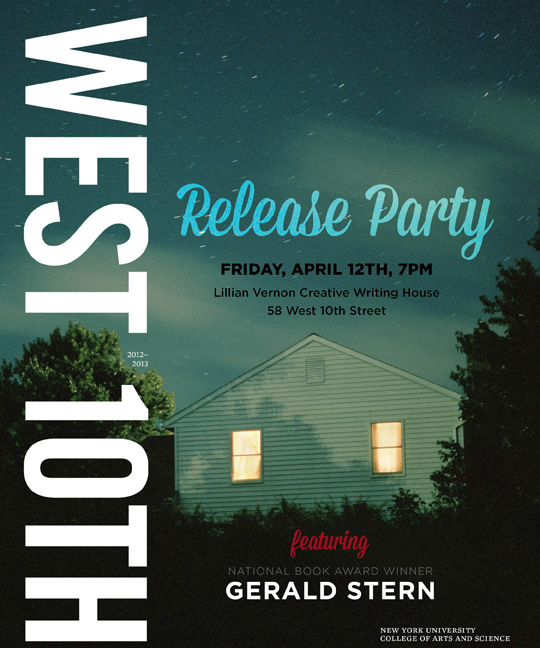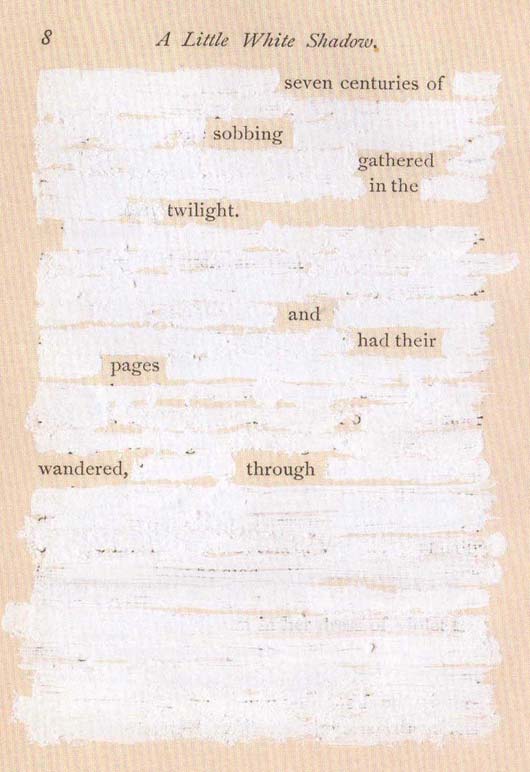If any of you have ever taken a creative writing class, I'm sure that you've encountered at least one writing prompt. And if you've been writing for any amount of time longer than a week, I'm sure you've started to notice patterns in your work. I, for instance, write a lot of stories that end up being about my dad, or poems that all have something to do with flowers or wings or the sky. There's nothing wrong with that, but I've come to find that trying out a new prompt every so often can do something interesting to your work.
But reading your pieces to a room full of people who have all done the exact same prompt can be a little bit weird, and maybe some of the prompts simply aren't clicking with you. Perhaps you're feeling competitive or self-conscious about your work. Which is why I think it's nice to try using one on your own. Of course, there's the done-to-pieces eavesdropping prompt or the erasure. We've all tried to retell well-known stories or personify something we've found on the street. But the crazy thing about creating your own prompts is that, in a sense, you have an unlimited amount of freedom in regards to the restrictions that you set for yourself (If you really want to see how far you can stretch some of these exercises, check out A Beautiful Marsupial Afternoon: New (Soma)tics by CAConrad, which is definitely worth a read).
Regardless, today I figured I would come up with a prompt of my own and then write a poem using it. For the past couple of weeks, I've seen a website called What Would I Say? (http://what-would-i-say.com/) blowing up my Facebook's newsfeed. The website is a good bit of fun—it searches through your entire profile's history to randomly generate a phrase that you might say. The results are often nonsensical or grammatically incorrect, but still, I figured that they would provide perfect fodder for a poem. I decided that I would generate twenty random phrases and then write a poem using strong elements of at least five of the phrases. The following list is the content that I drew, which is amusing to say the least:
1. Can anyone find the bathtub?
2. I know the women at the college of free food.
3. And E. 12th Street isn't every day.
4. She loves men again.
5. Has been my default answer to just about everything.
6. Call my name as the sky pulls me
7. The cash register was laughing at me.
8. Still not awake in humanity.
9. The crocodile is just trying to mess with us.
10. There's teachers lurking about.
11. Well, I caught a creeper somewhere.
12. Until, you know, I was a SNES.
13. I LOVE EATING PINK PLAY DOH.
14. Will you wake me up?
15. A conveyor belt of a lot of fellow voicemails.
16. It's a trick, a shadow on the foreign girl's argument.
17. Last day of all time.
18. I probably forgot that the giant peach does the wax for you.
19. Thank you, I got there by myself?
20. I ate all of the wild things last October.
So, here's what I came up with:
The Monster Doesn't Live under My Bed Anymore
The monster doesn't live under my bed anymore.
This morning, he, or she, (I'm still not sure) woke me up
by saying Can anyone find the bathtub?
I rolled over, and he or she just said, The crocodile
is probably just trying to mess with us again. Honestly, I preferred
when he (I've decided it's a he) still scared the shit out of me,
all purple claws and questionable eyes.
I'm going to eat the whole conveyor belt full of little voicemails!
she said (I don't want to offend anyone by assuming that the monster
is a he). I'm going to eat all of them!
There's teachers lurking about, I said, which wasn't true,
but the monster nodded in agreement. I LOVE EATING PINK
PLAY-DOH, it said, while it spilled glitter all over the floor.
I ate every wild thing last October.
Don't you want to move back under the bed, I said,
and the monster, still not awake in his or her humanity,
didn't do anything but burp and lick the glitter off one of its still tiny nails,
and say,
Well, I know the women at the college of free food, I guess, and I opened my mouth
to try to tell it that I have more play-doh in the closet, but the monster just said I think
I can get there all by myself?
The poem that you just read isn't like anything that I would usually write on my own. I don't usually talk about monsters, or play-doh, or crocodiles, but it all came up through the strange kind of auto-suggestion that writing exercises make up. Will I ever use this poem for anything? Will I keep working on it? I honestly don't know. But I came up with some lines that I think are at least interesting (I probably forgot that the giant peach could be the beginning of a whole new poem), and the prompt definitely got me writing—which is the great thing about these exercises. You don't have to show them to anyone, you don't have to follow any rules but your own, and you get to be as creative as you want to be.
-Eric Stiefel, Poetry Editor



